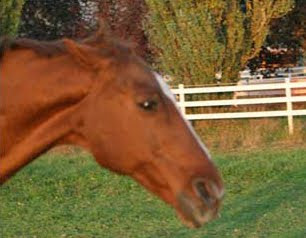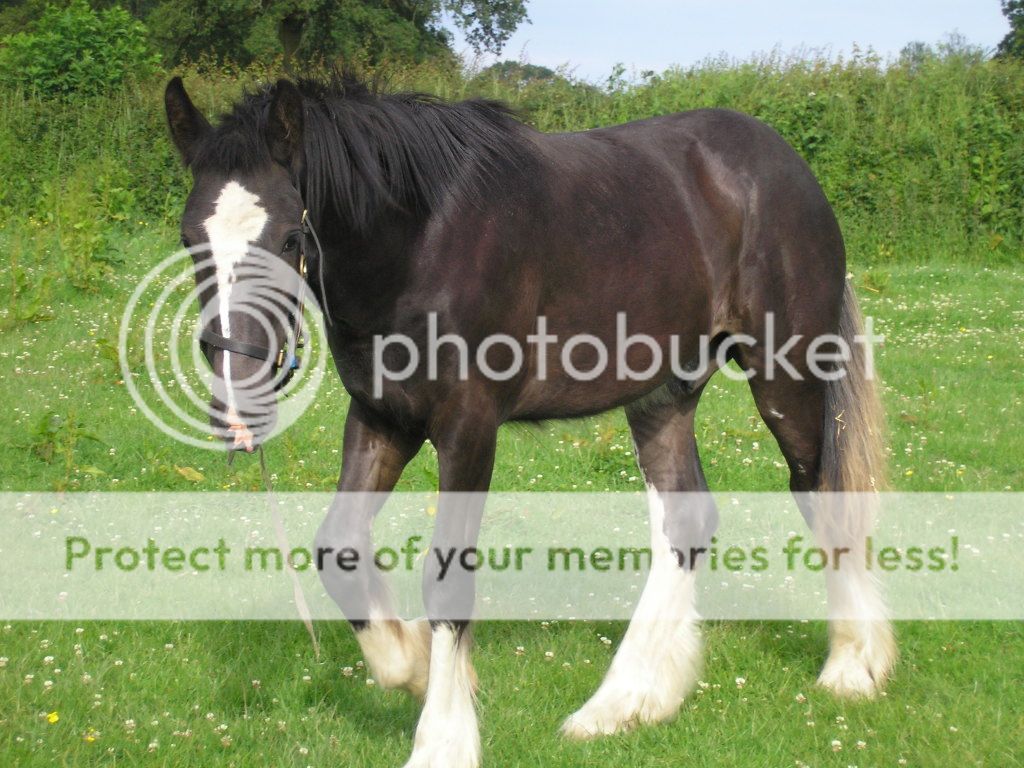lastchancer
Well-Known Member
Are you sure she's actually being grumpy and not just a timid filly trying to make friends with you? It's hard to imagine an unhandled youngster being confident enough to try to assert authority over you. No idea without seeing her, but a bossy, over confident yearling needs handling very firmly. On the other hand a timid shy one needs encouraging, certainly not frightening with flying buckets or blows to the shins(!)
Get them haltered asap,they won't get any smaller...
And for gods sake don't turn them out until they're handle-able and catch-able whilst in.
Get them haltered asap,they won't get any smaller...
And for gods sake don't turn them out until they're handle-able and catch-able whilst in.


